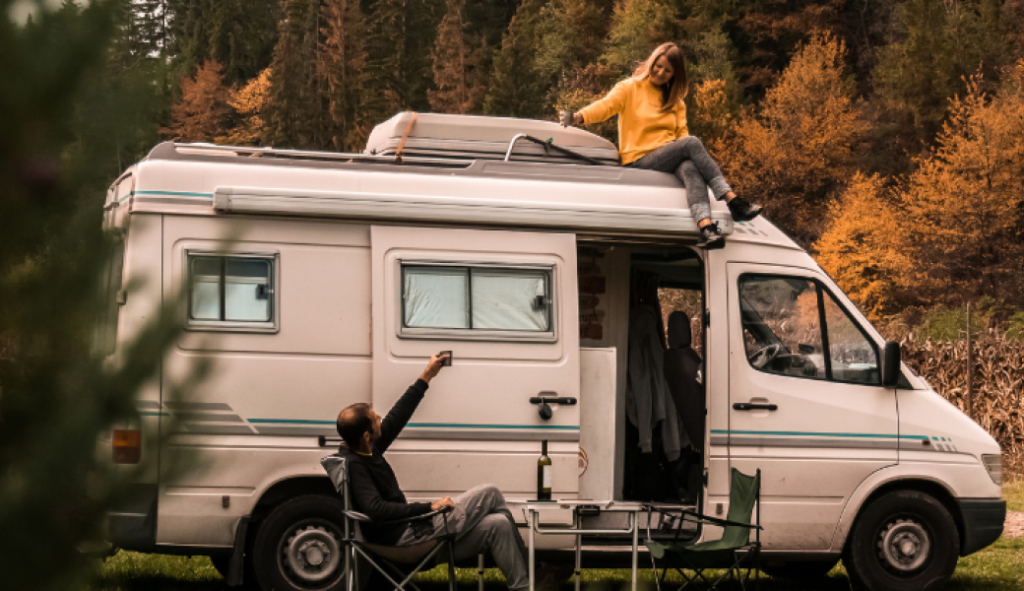A private Dallas-based real estate development firm has Texas-sized plans for RV parks that could produce “a new product type” of alternative accommodations.
RREAF Holdings announced Wednesday a $157 million deal to acquire and redevelop five RV parks in the southern United States, along with plans for a second round of acquisitions and redevelopment this year for $550 million.
Those figures include the purchase price and the cost of a “vast” upgrade in high-end, resort-style amenities, said RREAF Holdings’ Chief Investment Officer Graham Sowden. “It’s designed to be an amusement park or summer camp-type feel for families.”
The ambitious plan is starting with the acquisition of five parks in Texas, Alabama and Florida. The second round of purchases is underway, Sowden said, and should be completed before the end of the year. Ultimately, the company plans to invest “several billion in this product type,” Sowden added. “We want to be the dominant player in the RVs arena.”
Phocuswright Senior Research Analyst Robert Cole saw immediate advantages in the proposal’s relatively low development costs as compared with traditional accommodations. “In essence, it’s a BYOL – bring your own lodging – concept,” he said.
Challenges, however, are that it could prove highly seasonal, and it’s a niche marketplace holding limited appeal to traditional segments such as corporate or group business.
“The bottom line,” Cole said, “is that with a hot lodging market, everyone is looking for new forms of accommodation to introduce and capitalize on.”
Before this week’s announcement, RREAF had focused on developing housing communities and multifamily properties and acquiring and operating beachside resorts and extended stay hotels. Their new plans for “outdoor living” are intended to capitalize on what CEO Kip Sowden called a “booming sector of real estate for decades to come.”
An industry study from 2021 found that there are 11.2 million RV-owning households in the U.S., a 62% increase over the past two decades. The RV Industry Association (RVIA) attributes the upswing to retiring baby boomers and stronger interest from younger sets and digital nomads who enjoy outdoor lifestyles and have more freedom about where and when they work.
The median age for first-time RV buyers in 2022 was 32 — down from 41 just two years earlier, according to the association. The 18-to-34 age range now accounts for nearly a quarter of RV owners, helping to bump the over-55 set to just under half of all owners.
Read the full story from PhocusWire here.
